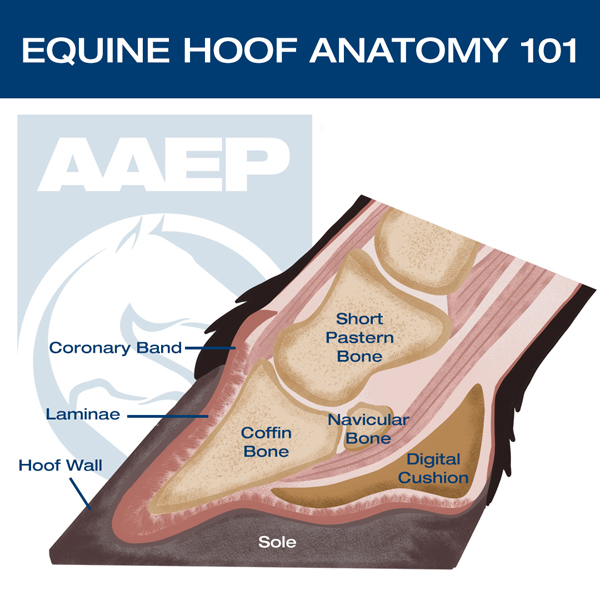
By Brian S. Burks, DVM, Diplomate, ABVP, Board-Certified Equine Specialist Fox Run Equine Center The hoof is a modified skin (epidermis) covering the third phalanx and all enclosed structures. It provides protection to the distal limb, formed by keratinization of the epithelial layer and modification of the underlying dermis. The thickened, cornified keratin of the […]
Continue reading …Equine Guelph and the Equine Disease Communication Center Announce the New Biosecurity Risk Calculator 2.0
February 21, 2025 Comments Off on Equine Guelph and the Equine Disease Communication Center Announce the New Biosecurity Risk Calculator 2.0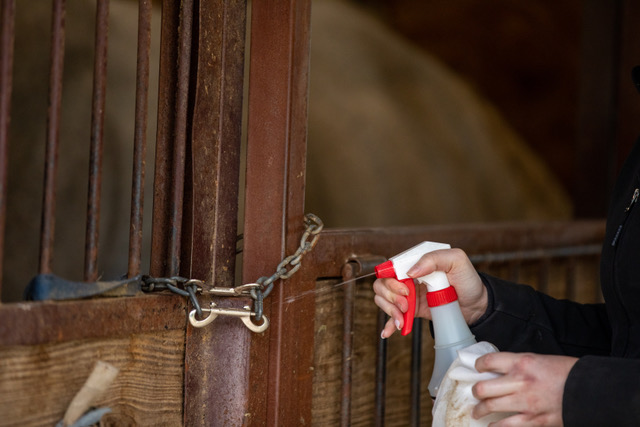
A new, innovative online healthcare tool to help horse owners better manage and understand biosecurity risks is now available through a partnership between Equine Guelph and the Equine Disease Communication Center. From Equine Guelph and EDCC: A new, innovative online healthcare tool to help horse owners better manage and understand biosecurity risks is now available […]
Continue reading …Appaloosa Youth Association Springtime Equine Care Seminar
February 19, 2025 Comments Off on Appaloosa Youth Association Springtime Equine Care Seminar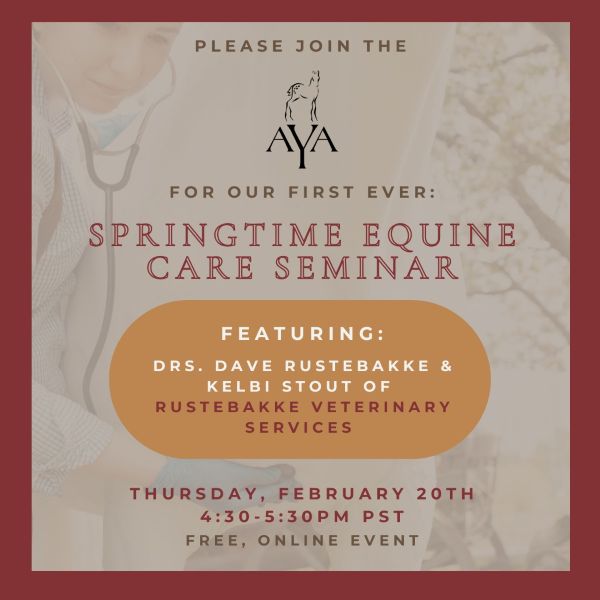
By Hannah Forrester, Appaloosa Youth Association Board of Directors: This Thursday, February 20th, the Appaloosa Youth Association invites you to join their Springtime Equine Care Seminar from 4:30-5:30pm PST. The seminar will feature two vets: Dr. Dave Rustebakke and Dr. Kelbi Stout from Rustebakke Veterinary Service, who will be speaking about how to best […]
Continue reading …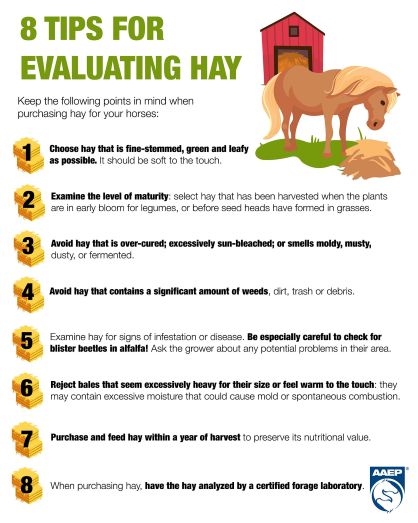
From AAEP: As the source of 50 to 90% of a healthy horse’s nutritional needs, hay warrants careful consideration as a precious commodity. This becomes especially true during the winter, when roughage in the diet is the main source of heat for the horse. Generally, horses at rest in ambient temperatures of 70°F consume 2% […]
Continue reading …Mediterranean Donkey Milk Production
January 29, 2025 Comments Off on Mediterranean Donkey Milk Production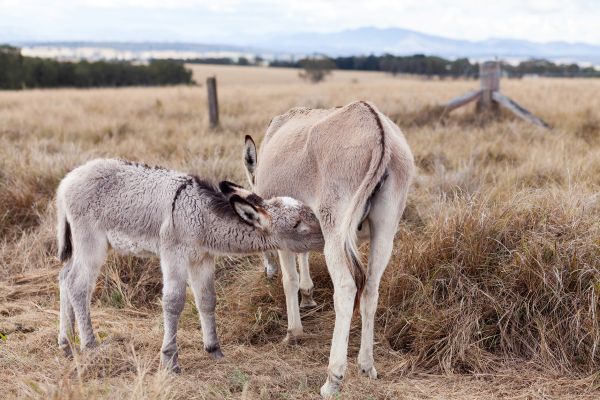
From Equine Science Update: Donkey milk has been prized since ancient times for its cosmetic and nutritional benefits. According to legend, Cleopatra, famed for her beauty, bathed in donkey milk to maintain her radiant complexion. It is said that she kept a herd of 700 donkeys to ensure a steady supply of milk for her […]
Continue reading …Understanding Equine Labor & Delivery
January 20, 2025 Comments Off on Understanding Equine Labor & Delivery
From AAEP: If your mare has made it through 11 months of pregnancy, you’re almost there. Labor and delivery, while momentous, are generally uncomplicated — however, being a prepared and informed owner will help you keep your anxiety in check so you can assist the new mother and foal get off to a great start. […]
Continue reading …Horse Care During the Cold Months
January 13, 2025 Comments Off on Horse Care During the Cold Months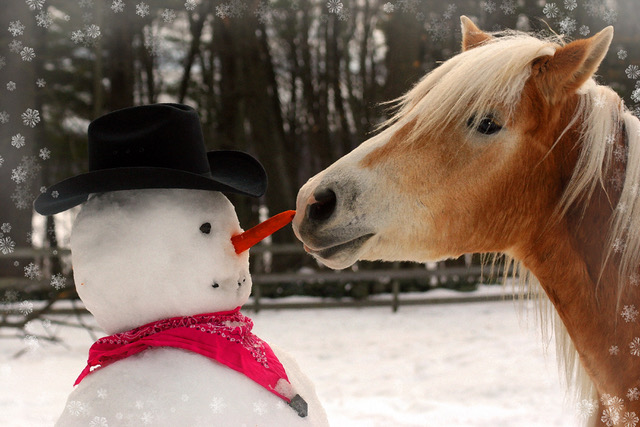
By David Lindsay, Michigan State University Extension – December 11, 2024, Weather in Michigan is wonderful during the fall months. However, when the switch flips on winter and we hit chilly temperatures, keep these horse care tips in mind! There are some priorities we must always remember; our horses need proper nutrition, space to move during free exercise or […]
Continue reading …Study: Intestinal Microbiome of Foals May Predict Future Racing Success
January 11, 2025 Comments Off on Study: Intestinal Microbiome of Foals May Predict Future Racing Success
From Kentucky Equine Research: The intestinal microbiome has drawn a great deal of attention over the past decade. Scientists have learned how powerful this collection of bacteria, fungi, and protozoa is and the far-reaching effects the microbiome has on a horse’s health. One of the latest studies examining the intestinal microbiome found that microbiome diversity early in a […]
Continue reading …Horse Hoof Care During Wintertime
January 10, 2025 Comments Off on Horse Hoof Care During Wintertime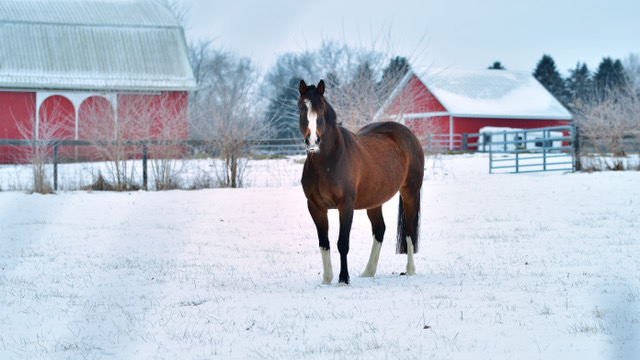
By David Lindsay, Michigan State University Extension – December 12, 2024 As we welcome the colder weather, it is important to remember that our horses’ health and care still come first. The cold can present challenges, so Michigan State University Extension reminds horse owners to stay diligent with care over the winter. Hoof care must be kept on schedule throughout […]
Continue reading …Green Alternatives in Equine Reproduction
January 9, 2025 Comments Off on Green Alternatives in Equine Reproduction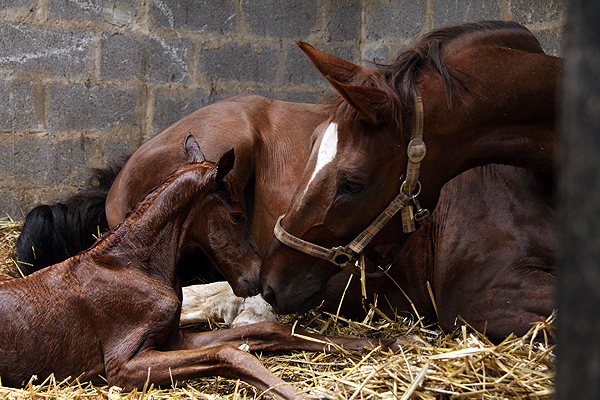
From Mark Andrews of Equine Science Update: The overreliance on plastic materials in all areas of modern life, including veterinary practice, poses a significant environmental challenge due to the pollution it generates. Artificial insemination, a common technique in equine breeding programs, is a good example of the widespread nature of plastics in veterinary work. The […]
Continue reading …







